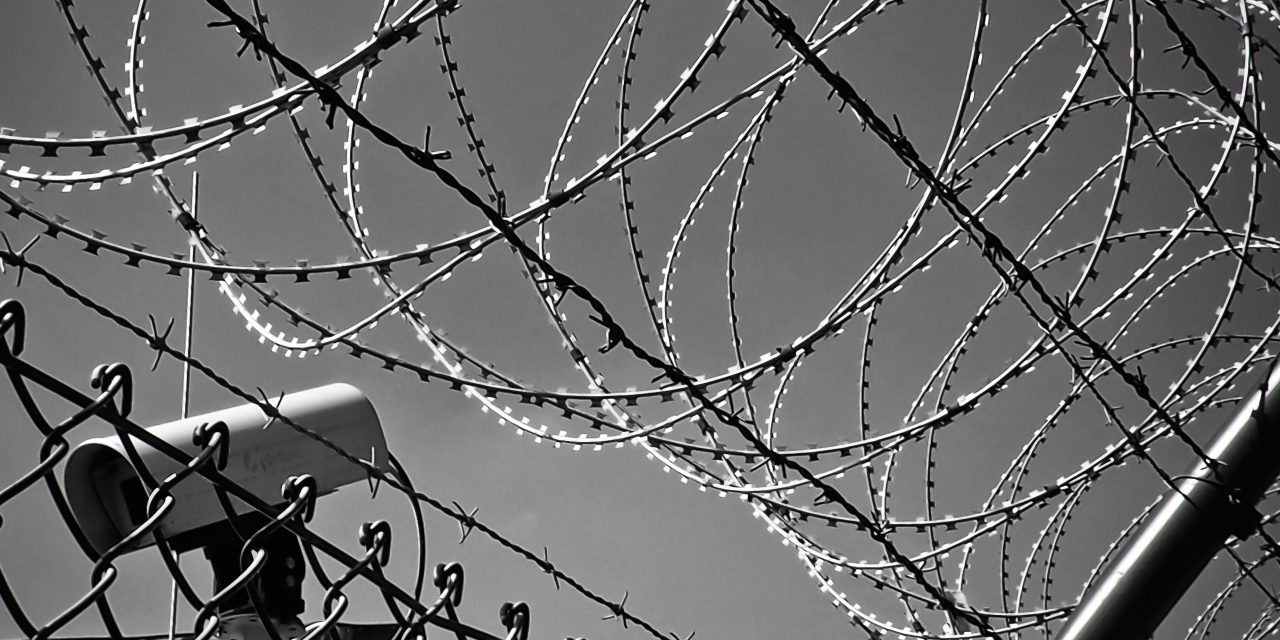Rachael Jolley talks to Kashmiri journalist Bilal Hussain about why the international community needs to act.
“The moment you talk about it, it makes a difference. It does make a difference. It does put a pressure on, because if nobody talks about it, they think that that it’s normal. They try to normalise it,” said Kashmiri journalist Bilal Hussain, on the role the international community can play in criticising the lack of media freedom in Kashmir.

Kashmiri journalist Bilal Hussain
Hussain is constantly trying to get the news out of Kashmir. The Indian government, however, is committed to making that as difficult as possible.
On August 4 2019 the government instituted a strict communication ban in Kashmir and Jammu, closing down the internet and mobile phone services, and restricting people to their own homes. It was not only about stopping journalism, but that was one of its side effects of removing the region’s special autonomous status under the Jammu and Kashmir Reorganisation Act 2019. What followed was a “longest internet ban ever instituted by a democracy”.
“You were not able to call people, there was no internet, even for initial days movements were also restricted. So it was completely a communication blockade,” said Hussain, who has worked as a journalist for many years including as a business editor for local daily publication the Kashmir Times.
The August 2019 shutdown was reported around the world, but at the time Kashmiri journalists themselves weren’t able to report on it.
Since then, the situation has become increasingly difficult, although the restriction to stay at home has been removed. But journalists like Hussain are becoming desperately creative as they try and carry on their work, and try to tell the rest of the world what is happening in their homeland.
There are some complicated work arounds. Just to get stories out some journalists will take a day flight to Delhi where there are no restrictions and then fly back, adding considerable expense to their reporting. Others have installed VPNs, or ask friends leaving the country to take memory sticks with them, and send them on to international publishers.
Hussain, who mostly writes for international publications including The Diplomat, ABC Spain and Voice of America, says the situation continues to get worse as the state works out different ways to put pressure on the media not to report what is going on, and on the public not to discuss things with journalists. The mobile phone system is very limited with only 2G available, internet access is either via a government-run centre, where journalists fear their words will be tracked and read, or for those that can afford it via an expensive static fibre optic line.
Journalists are putting themselves and their families are at risk in trying to do their jobs. Reporters here have been beaten, harassed, face charges and imprisonment. Police will randomly remove journalists’ cameras, phones, notebooks and other equipment, and as has been reported, in the case of Qayoom Khan of CNN News 18, for example, lock up journalists to stop them report and remove photos and videos from their phones.
Freedom House gives Kashmir a ranking of “not free” in its Freedom in the World 2020 report, downgrading its status from partly free in 2019. It relates this to the significant decline in civil liberties and the Indian government revoking of Kashmir’s status and the mass detention of people across the region.
Even before August 2019 crackdown, Kashmir was a challenging, and sometimes dangerous, place to work. In 2018 the journalist Shujaat Bukhari,was killed by unknown gunmen outside his office.
One of the most well known current cases of attacks on media freedom is that of Asif Sultan, currently in prison, who last year won the John Aubuchon Press Freedom Award. Sultan’s court dates keep getting postponed. Sultan, who wrote an article about the rise of a military commander, was arrested after police seized his notebooks, and his phone, and asked for him to give up his sources. He is facing charges of harbouring militants. The use of a terrorism-related charge is increasingly being used by governments to silence journalists reporting on issues they would rather not have in the public domain.
And when in November 2020 a well known journalist died of a heart attack, many argued that it was related to the huge stress that doing that job in Kashmir entails.
Right now, of course, like the rest of the world, Kashmir is struggling with COVID-19, and people are desperate for information on it. But for journalists it is an incredible struggle to find out the true state of affairs.
The government is issuing information on Twitter and on websites, but won’t answer queries from journalists. “I mean, it’s a monologue going on right now,” said Hussain. Doctors are threatened for talking to journalists, and told they are not allowed to give information to the media. Local news media is under pressure to toe the government line, as the withdrawal of government advertising could push them out of business.
“You can imagine the kind of the, the kind of the cocoon we’re living in. No one is able to challenge no one’s able to push on the government. So that’s the challenge in itself.”
What are the changes Hussain would want to happen if he had the power to change things? “We want things to be normal. We want government to be held accountable for their doings, what they are doing, let journalists ask what they are doing and let there be no monologue. Let there be freedom of expression, let there be no censorship.”
Side bar: Is a new emergency visa needed?
Pathways to safety for journalists at risk are “too few in number and those that do exist are too slow, burdensome, and difficult to navigate to be capable of providing practical and effective recourse”, says a new report from the High Level Panel of Legal Experts on Media Freedom.
The report, published on November 23, recommends the introduction of a new emergency visa for journalists at risk to be introduced by nations around the world. It also called for the visas to be expedited, so journalists were given safe havens quickly when desperately needed to fight “the spread of truth decay”.
The panel’s report has been formally endorsed by: (i) the UN Special Rapporteur on Freedom of Opinion and Expression, (ii) the Special Rapporteur on Freedom of Expression of the Inter-American Commission, (iii) the International Bar Association’s Human Rights Institute, and (iv) every major international non-governmental organisation working to promote media freedom is aimed at states committed to the protection and promotion of media freedom.
In launching the report, author barrister and professor Can Yeğinsu said of the emergency visas “what better way of protecting the truth”.
When asked about the proposed emergency journalists visas, Hussain said: ‘That will be something that I am dying for. I mean, give me a chance to move out. I will run, I will, without looking back, I’ll just run you know, because the kind of the pressure, the kind of suffocation, the kind of the choking you feel. I mean, you just want to run away [from] all those things.
“When you are born not to be quiet about things, either you have an option to face the consequences, we’re here or being silenced forever, or just move out and be outside and talk about it,” he said.

